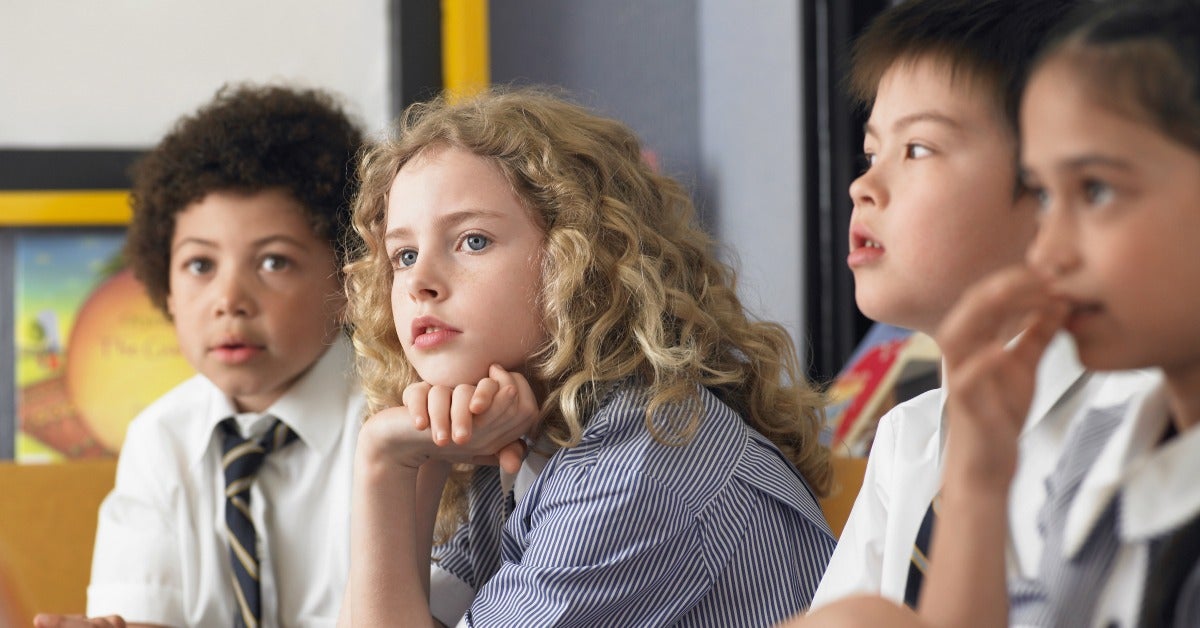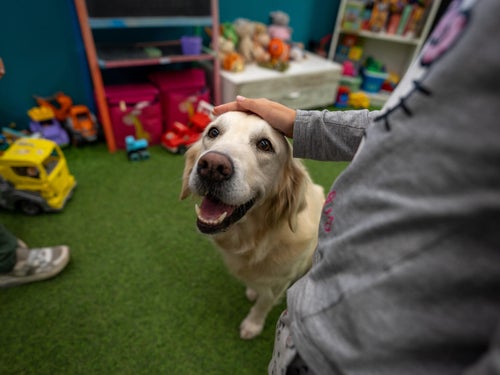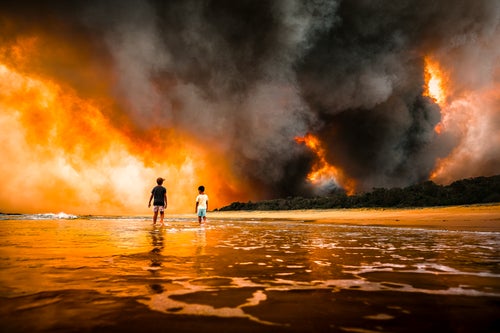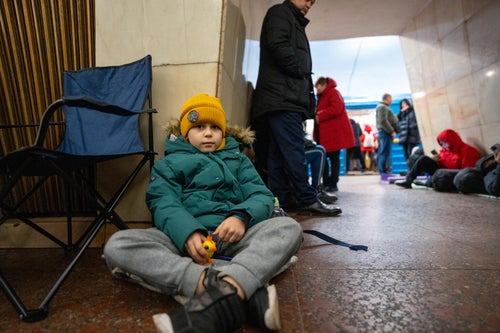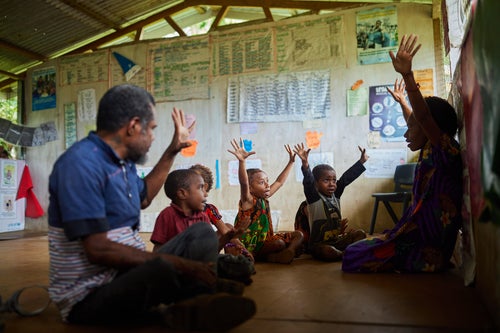25 years ago, the Australian Government made a landmark commitment to protect and support every child. Today, that promise remains unfulfilled.
When Australia signed the UN Convention on the Rights of the Child, we joined the most rapidly and widely ratified international human rights treaty in history.
We pledged to change the way we view and treat children. We wouldn't see them as passive objects of care and charity and we wouldn't diminish them as adults-in-waiting. We decided to recognise children as complete human beings with rich inner lives, complex experiences and - most importantly - a distinct set of human rights to survival, protection and development. We recognised that governments, and not just parents, are responsible for keeping children safe and giving them every opportunity to live out their full potential.
By ratifying the Convention, Australia agreed that child rights are for absolutely every child, everywhere, without discrimination, bias or favouritism on any basis. And to make this possible, we would have to give particular attention to the most disadvantaged and marginalised children.
25 years on, it's clear that too many children are still waiting for the promise of child rights to be fulfilled, with a staggering one in six living in poverty.
CRC25: Australian Child Rights Progress Report shows astounding gaps for Aboriginal and Torres Strait Islander children, children who are seeking asylum or have refugee status, children from culturally and linguistically diverse backgrounds, children with disability, LGBTI children, homeless children and children from rural areas.
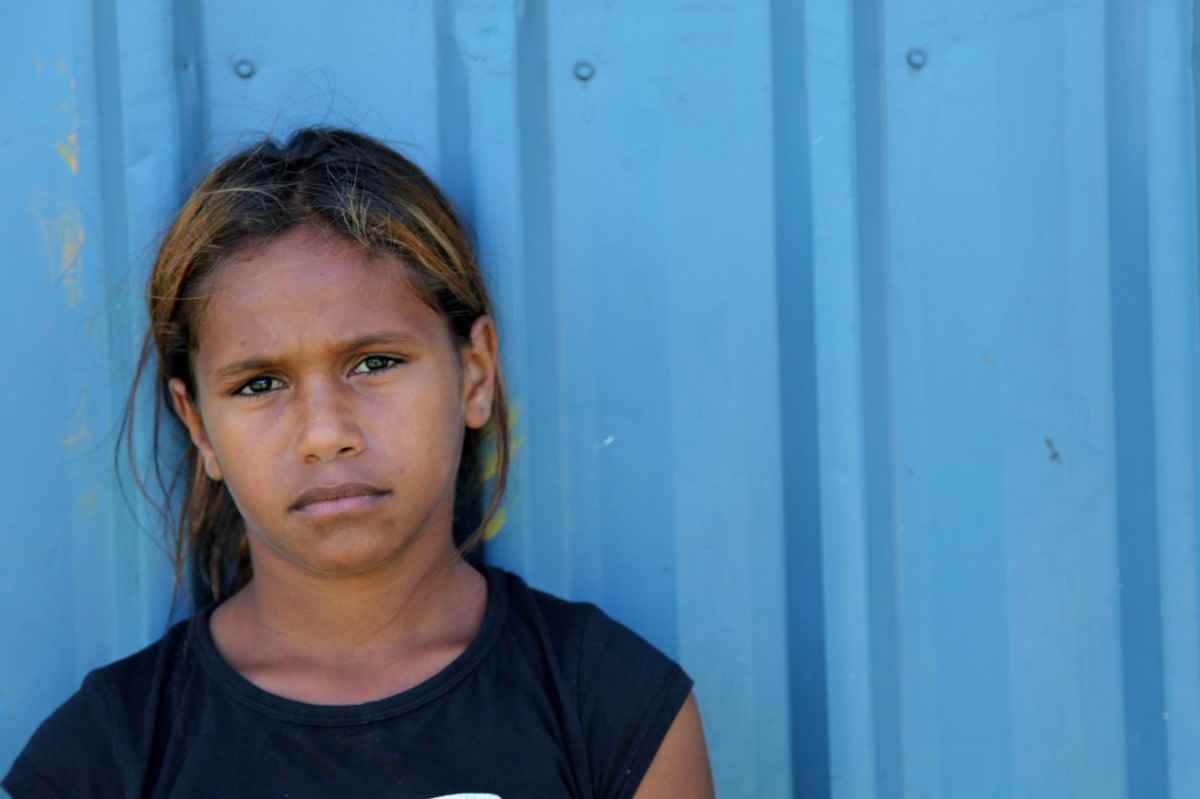
The numbers reveal inequities that are plainly unacceptable in 2016:
- 18% of all children in Australia (602,604) live below the poverty line.
- Aboriginal and Torres Strait Islander people make up 2.5% of Australia's population but 25% of the homeless population.
- Children with disability are three to four times more likely to experience sexual abuse than their peers, with many not having the language or ability to communicate their abuse.
- 80% of lesbian, gay, bisexual, transgender and intersex children report abuse at school, leading to reduced concentration, missed days at school, a drop in school grades and dropping out of school altogether.
"This report makes it clear that since the early 1990's, successive Australian governments have consistently breached the CRC and show every intention of continuing to do so," says Judge Alastair Nicholson, former Chief Justice of the Family Court of Australia and now Chair of Children's Rights International.
In launching the CRC25 report at the Australian Human Rights Commission today, Judge Nicholson will point to a lack of planning by government.
"At present there is no Federal Minister with direct responsibility for children or youth," he explains.
"The government does not engage in even a veiled pretence to include the voices of children and youth in decisions that affect them, which has become particularly clear in the defunding of dedicated children and youth organisations and peak bodies. I therefore commend the report’s conclusion that what is needed the to assign a Commonwealth Ministry with lead responsibility for policy regarding children and young people and the development of a National Plan for all children in Australia for the overall realisation and implementation of CRC."
Yet, Judge Nicholson does not believe this goes far enough.
"I believe that the only way in which proper recognition can be given to CRC is for the Commonwealth to pass legislation incorporating it into Australian law. I believe that this is the only way for example that we can ever address issues like the appalling number of Aboriginal and Torres Strait Islander children held in detention, child poverty and inequality of opportunity, abuses of the child protection system and the many other issues where the Commonwealth and the States and Territories are either contravening the CRC or lagging behind in implementing it."
Judge Nicholson is scathing of Australia's treatment of children seeking asylum.
"I had never expected my country to be criticised for creating circumstances which have been described by senior UN officials as torture"
"There is no doubt that this is what we have done and are doing. We seem to have lost all empathy for people, including children, in distress," he says.
"We have forgotten that apart from our First Peoples we are a nation of immigrants and that many of our forebears came here seeking asylum."
"I believe that much of the problem stems from a failure of leadership in this country which has led its leaders to adopt practices and processes that have been previously unheard of in a civilised society, for the purpose of short-term political gain."
"Endless crocodile tears have been wept by Ministers about the loss of life at sea and how they have prevented this, which must be the ultimate in cynical hypocrisy. Their aim has not been to save lives but to use existing asylum seekers as hostages to persuade potential asylum seekers to go somewhere else, whether they die there or not."
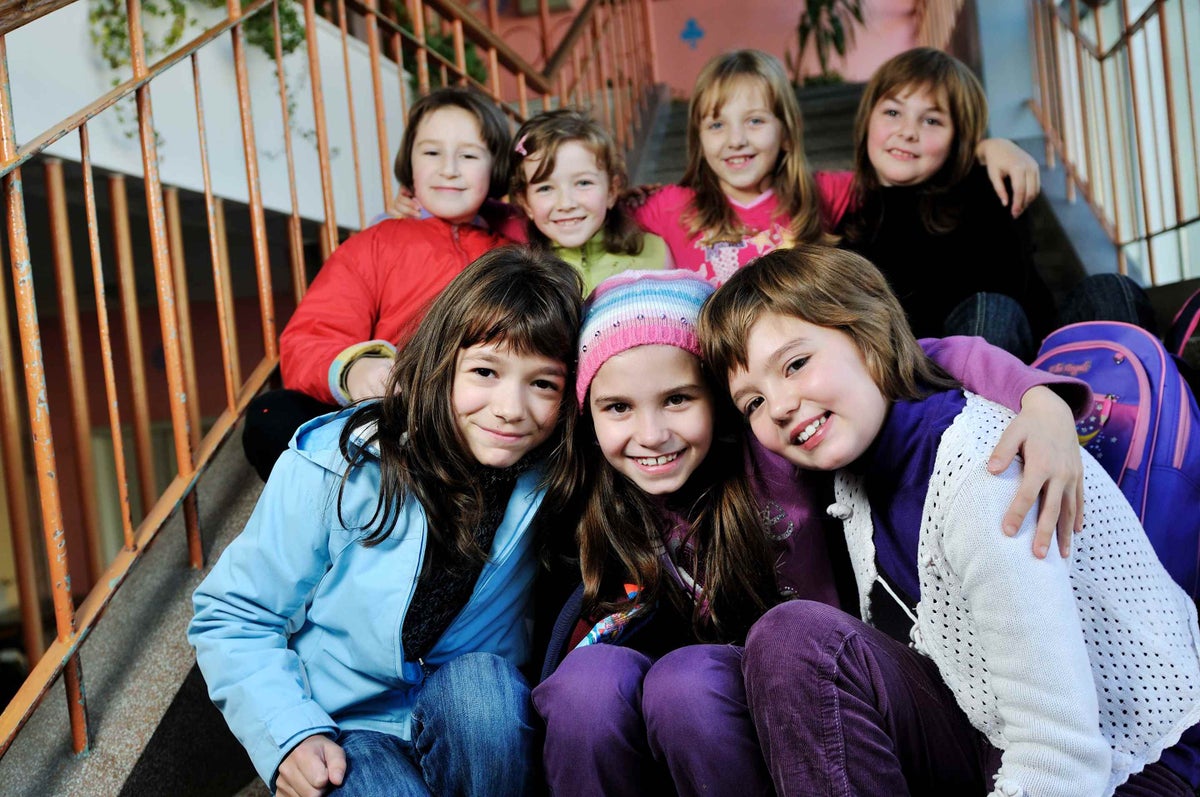
25 years after Australia ratified the Convention, Judge Nicholson is both outraged and hopeful.
"I do not like to be ashamed of my country as I am. There has been a monumental failure of leadership in relation to human rights and this has been accepted as the norm."
"Without courage, curiousity and principled leadership from our future leaders, our future appears bleak. I do however remain heartened that we still have people like, Gillian Triggs, Julian Burnside, Frank Brennan, Megan Mitchell and many other equally dedicated people in the NGO’s."
"There is still hope that Australia can return to its rightful place as a humanitarian and decent country."
Read CRC25: Australian Child Rights Progress Report
Stay informed
Receive the latest news, emergency updates and powerful stories about UNICEF's work for children in over than 190 countries.
Related articles
Stay up-to-date on UNICEF's work in Australia and around the world



